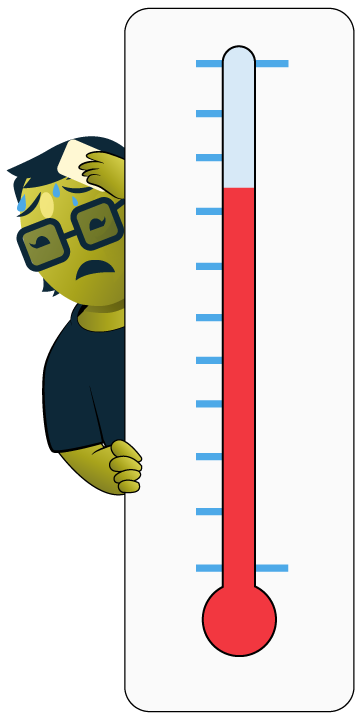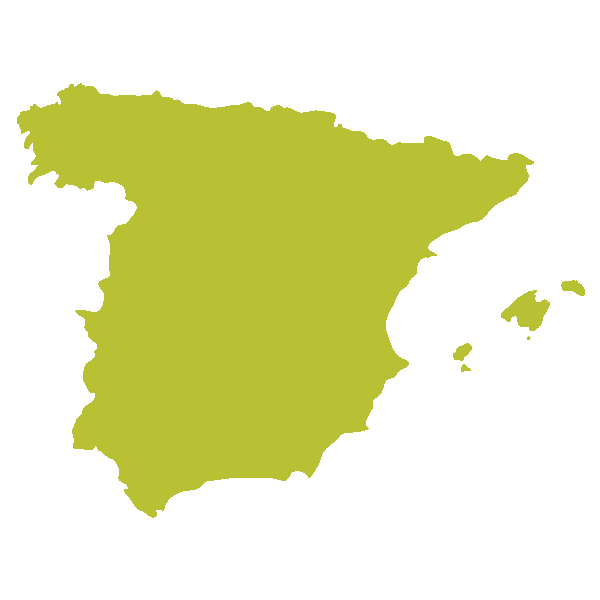Cold-pressed olive oil of the first quality native extra!
Always use cold-pressed olive oil to refine the food, because it contains the healthy nutrients of the fresh olive and many flavors!
Cold-pressed olive oil, healthy and flavorful
Whether all the wonderful aromas of the fresh olive are contained in the finished olive oil depends, among other things, on the pressing temperature. It is generally known that the lower the production temperature for olive oil, the better it tastes. Many consumers therefore look for the inscription: “cold-pressed olive oil” when buying a high-quality olive oil. We will explain what this labeling is all about further down in the text. If you don't want to read that far, let me tell you: If you are looking for a delicious and healthy olive oil of first-class quality, you are definitely in the right place in this category. Cold-pressed olive oil is ideal for refining homemade delicacies.
You probably already know that many healthy nutrients, including various vitamins, are sensitive to heat. And many flavors are also destroyed by intense heat. With olive oil, which we use to complement numerous dishes on the one hand because of its health value and on the other hand because of its incomparable taste, this is already noticeable when it is heated to around 30 degrees: If the olive mash is heated to more than 32 degrees Celsius during production, it works a large part of the wonderful aromas are lost and the quality of the finished olive oil is noticeably lower.
On the other hand, if the temperature during pressing is below 20 degrees Celsius, so much oil remains in the olive pomace that the yield is hardly worth it. Nevertheless, the cooler the olive pulp is kept during pressing, the higher the quality of the resulting olive oil. And because a top quality extra virgin oil can always come up with many fresh scents and aromas, it is obvious that olive oils of 1 A quality are always cold-pressed or cold-extracted olive oils.
Quality class: cold-pressed olive oil
To get straight to the point: the quality class "cold-pressed olive oil" does not exist. Because with the olive oil that you can buy in the shop, a distinction is made between the following quality classes:
- Extra virgin olive oil (= extra virgin olive oil)
- Olive oil Virgen (= virgin olive oil)
- Olive oil (no additive)
- Refined olive oil

Nevertheless, the additional note "cold-pressed olive oil" or "cold-extracted olive oil" can be found on many olive oil bottles. The manufacturer adds this additional designation to draw the customer's attention to the fact that it is a healthy and aromatic olive oil. Because, as already mentioned, important nutrients and aromas are lost at temperatures above 30 degrees. To ensure that the term "cold-pressed" is not misused, the EU has issued the following regulation:
The addition "cold-pressed olive oil" may only be applied to the label of the olive oil bottle if the temperature of 27 degrees Celsius is not exceeded during the manufacturing process.
Nevertheless, the quality designation virgin olive oil or extra virgin olive oil for the best grades does not explicitly depend on compliance with the temperature limit of 27 degrees. However, because a higher temperature during olive oil production inevitably leads to a loss of quality, you can assume that the top oils that you will find in this category at spanish-oil are cold-pressed.

Cold-pressed olive oil for frying
Because it is not possible to press all the oil out of the olive at lower temperatures, the oil yield is lower and the cold-pressed oil is therefore somewhat more expensive. So of course it would be a shame if you spent more money to get a tasty and healthy oil and then nullified that benefit yourself. Because it is not only during the production process that olive oil loses nutrients and aromas when heated.
Even if you use the oil for frying or baking in the kitchen, its benefits will diminish. In addition, a cold-pressed olive oil is not quite as stable as the refined oil. That means it must not be heated above 180 degrees. If you heat the cold-extracted, high-quality olive oil to over 180 degrees, it starts to smoke (= smoke point). Toxic substances are formed which, if you continue to use the smoking oil, pass into your food.
Now don't be alarmed if you've already used extra virgin olive oil for baking or frying. Even if the oven often has to be set above 180 degrees, this does not mean that the olive oil will reach this temperature. Because the oil is cooled at the same time by water-containing foods such as meat, vegetables or cake batter. So there is nothing wrong with using the cold-pressed olive oil for frying and baking. However, you should be aware that it loses many of its aromas and nutrients by doing so.
Cold-pressed olive oil for refinement
If you want to eat healthy and get all the benefits of extra virgin olive oil, use the delicious oil raw. Do as the Spaniards do and only add cold-extracted, high-quality extra virgin olive oil to your food after it has been cooked. The following dishes are ideal for using extra virgin olive oil:
- cold sauces, such as alioli or mayonnaise
- cold soups, such as gazpacho
- Grilled vegetables, such as aubergines or zucchini
- fresh sheep's or goat's cheese
- any kind of mixed salad
- Seafood
- Baked or grilled fish
- Pasta dishes
- Pizza

